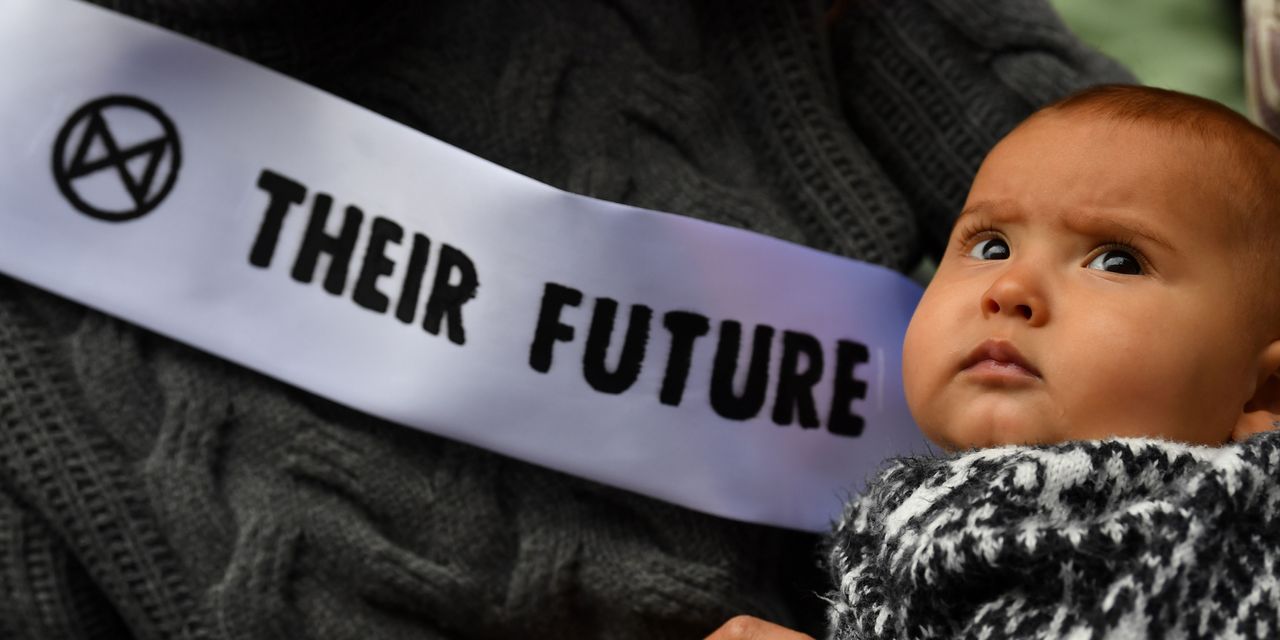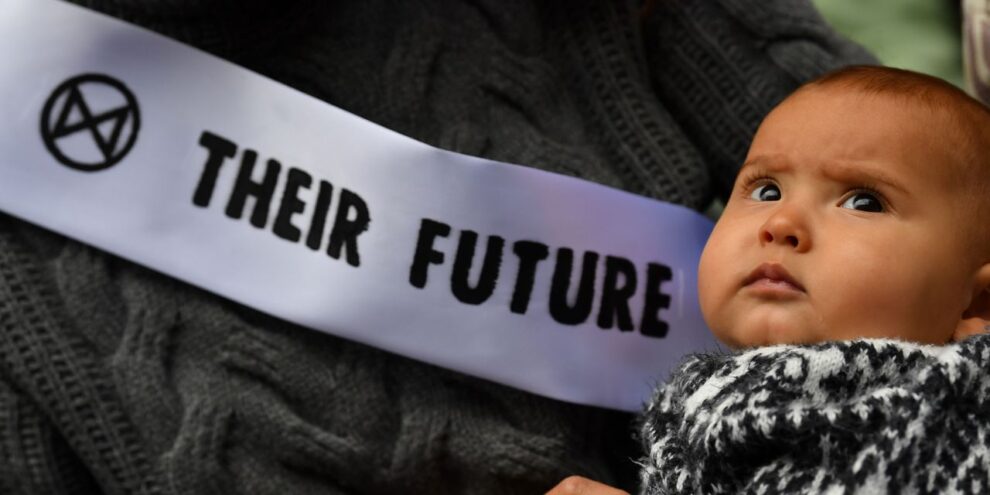
As any new parent will tell you, taking care of a baby is nothing short of life-changing. The sleepless nights, the constant feedings, the endless diaper changes. And due to the nationwide infant formula shortage, caring for a baby now is exponentially more challenging. For parents who are living in poverty, the formula shortage hits even harder, as they don’t have the resources to travel in search of formula or pay the hefty shipping fees to have it shipped from overseas.
Even without the shortage, tremendous barriers exist for already struggling parents to source infant formula: some bodegas in New York City only carry a certain brand that WIC, the government program to subsidize food for women, infants and children, restricts. This leaves families to scour the city to find food they can afford for their child. Other stores purposefully only carry smaller formula sizes, forcing low-income mothers to waste their vouchers on items that are a fraction of their full value.
Whether it’s a lack of formula, food or housing, the U.S. system is not geared to support the crucial developmental phase of a baby’s first years. This is one of the many reasons we launched The Bridge Project, a guaranteed-income program giving low-income mothers who are pregnant or have infants up to $1,000 a month for three years in an effort to eliminate child poverty.
Based on decades of research showing the significance of early childhood investments, including the work on unconditional cash transfers done by the Baby’s First Years team, The Bridge Project is the first guaranteed-income program in the nation to begin distributing payments to new moms and their babies, and has since been joined by other initiatives including the Abundant Birth Project and a new partnership between Perigee Fund and Hummingbird Doula + Family Services.
The Bridge Project is focused on the predominantly BIPOC Manhattan neighborhoods of Washington Heights, Inwood, and Central Harlem, and our first cohort of 100 is a mix of Latina and Black mothers. Early results show the program is working: moms receiving the money were able to save far more than those who didn’t, and were also able to better afford child care. Moms are spending the money on strollers, formula, groceries and other essentials for a baby’s needs and comfort.
Another 500 expecting mothers have been added to the Bridge Project and are now receiving their first payments, but no amount of private goodwill will ever combat soaring wealth inequality and a child poverty rate that — until the cash infusions of the COVID-19 pandemic — had barely budged in decades.
Any guaranteed-income program large enough to meet the vast need in this country will require government investment and shift away from complicated, punitive policies and toward ones that are effective and offer dignity, self-determination and agency. Cash is simple, flexible and efficient. An analysis of the government’s pandemic response, which was primarily in the form of unrestricted money including stimulus checks and enhanced unemployment benefits, shows that these interventions led to a record drop in poverty — and in record time.
When it comes to the connection between economic security and infants, we already have plenty of data supporting the importance of investing in pregnancy and early childhood. Toxic stress prenatally, postnatally, or during the first 1,000 days of a child’s life can lead to lifelong negative physical, mental, emotional and social outcomes. That same research shows that early childhood interventions are the most effective in setting a foundation for healthy development and overcoming multigenerational poverty.
“ The U.S. spends the least amount of money on children in their earliest years, compared to other developed nations .”
Additionally, recent results from the neuroscientists of the Baby’s First Years project show that just a few hundred dollars a month could positively change a baby’s brain activity. Yet the U.S. spends the least amount of money on children in their earliest years, namely from birth to age three, compared to other developed nations.
The best investment
While America is experiencing intense polarization, ensuring that infants are fed, housed and safe should not be a controversial stance. Americans have already seen tremendous benefits when kids are protected from financial stress in the expansion of the Child Tax Credit — essentially a guaranteed income for nearly every parent in the country. After the expanded CTC began in July 2021, data showed significant decreases in food insecurity and child poverty.
But the CTC expansion’s monthly payments expired in January 2022 and its future remains uncertain. The consequences of this crucial program’s loss are dire, sending child poverty soaring more than 40% in just one month. Reinstating the expanded CTC is a crucial first step Congress can take now to offer support similar to The Bridge Project to millions of babies. While the legislation has passed the House, it’s stalled in the Senate due to the opposition from the GOP and Senator Joe Manchin (D-W.Va.), who has insisted the program implement a work requirement, despite research showing the policy had no adverse impact on employment. In addition to the expanded CTC, other options to provide critical support to struggling families at scale include the End Child Poverty Act from Reps. Rashida Tlaib (D-Mich.) and Mondaire Jones (D-NY).
As congressional leaders negotiate the path out of the economic devastation of the pandemic and the ongoing formula shortage, it’s imperative they also consider the ways in which our economy has long failed women and their babies. In the richest country in the world, it is a national catastrophe that any baby goes without formula, a winter coat or a full bottle. It is time we actually lived our values by reshaping society into one that prioritizes the greatest, best investment — our children.
Megha Agarwal is the co-founder and executive director of The Bridge Project. Holly Fogle is the co-founder and president of The Bridge Project and co-executive director of Nido de Esperanza.





